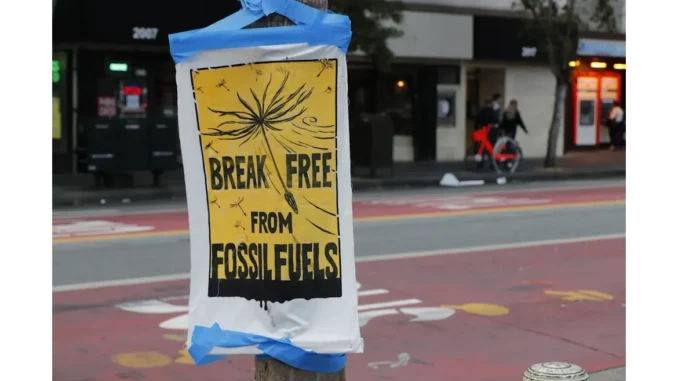
John Williams recently had the pleasure of sitting down with Matthew, an esteemed expert in the renewable energy sector, to discuss the vital service offered by Focus360 – the creation of Renewable Energy Statements. In the relaxed yet professional setting of a quaint London café, Matthew detailed the nuances and significance of these statements for development projects.
Discover how Focus360 Energy aids sustainable development with Sustainability Statements.
Understanding the intricacies of energy documentation might seem daunting for many developers, but as Matthew explained, a Renewable Energy Statement is indispensable for any planning application. “It’s not just about ticking boxes,” he began, leaning forward earnestly. “These statements are instrumental in showcasing how a proposed development will meet carbon dioxide emission standards.”
Local authorities often have stringent policies regarding carbon emission reductions, and planning officers can set these targets on a case-by-case basis. “Imagine you’re planning a new residential block,” Matthew illustrated. “The council might require a 20% reduction in carbon emissions compared to traditional builds. It’s up to the developer to demonstrate how they’ll achieve this, and that’s where a Renewable Energy Statement comes into play.”
He highlighted the energy hierarchy as a cornerstone of these statements. It encompasses three key elements: energy efficiency measures, renewable technologies, and on-site energy generation. Each plays a pivotal role in ensuring the development meets the necessary environmental standards.
“Energy efficiency is the foundation,” Matthew noted. “Simple measures like enhanced glazing, superior insulation, and airtight construction can significantly reduce the energy consumption of a building. It’s about making the most of passive solutions before even considering active technologies.”
He explained that after addressing energy efficiency, the focus shifts to renewable technologies. “This is where you start looking at solar panels, heat pumps, or even wind turbines if the site allows. It’s fascinating to see how tailored solutions can be, based on the specific needs and constraints of a project.”
On-site energy generation, the final piece of the puzzle, explores more advanced options like decentralised energy systems or Combined Heat & Power (CHP). “Not every site will be suitable for these technologies, but when they are viable, they can make a substantial difference in reducing a development’s carbon footprint,” Matthew remarked.
The importance of a well-crafted Renewable Energy Statement cannot be overstated. It’s not just a bureaucratic necessity; it’s a testament to a developer’s commitment to sustainable building practices. “A comprehensive statement demonstrates due diligence and foresight,” Matthew asserted. “It shows the planning authorities that you’re serious about sustainability and that you’ve considered all aspects of energy use and generation.”
Matthew also touched on the broader implications of these statements. “In a way, they set the tone for the entire project. By prioritising energy efficiency and renewable technologies from the outset, developers can influence the market, driving demand for greener, more sustainable buildings.”
He pointed out that while the initial focus might be on compliance and approval, the long-term benefits are equally significant. “Energy-efficient buildings are not only better for the environment but also for the occupants. They often result in lower energy bills, improved comfort, and even better health outcomes due to higher quality indoor environments.”
As our conversation drew to a close, Matthew emphasised the role of experts like those at Focus360 in guiding developers through this complex process. “Navigating the requirements and technical details can be overwhelming. Having a dedicated team to craft a thorough, accurate Renewable Energy Statement can make all the difference. It ensures that all bases are covered and that the proposed development stands the best chance of approval.”
In summary, a Renewable Energy Statement is far more than a mandatory document; it is a critical component of any responsible development project. Through energy efficiency, renewable technologies, and on-site generation, these statements lay the groundwork for buildings that are not only compliant but also future-proof.
Leaving the café, it was clear that Focus360’s service is not just about meeting regulatory requirements but about fostering a culture of sustainability and responsibility in the construction industry. And with experts like Matthew championing these initiatives, the future of development looks promisingly green.
Find out more at Focus360


Be the first to comment